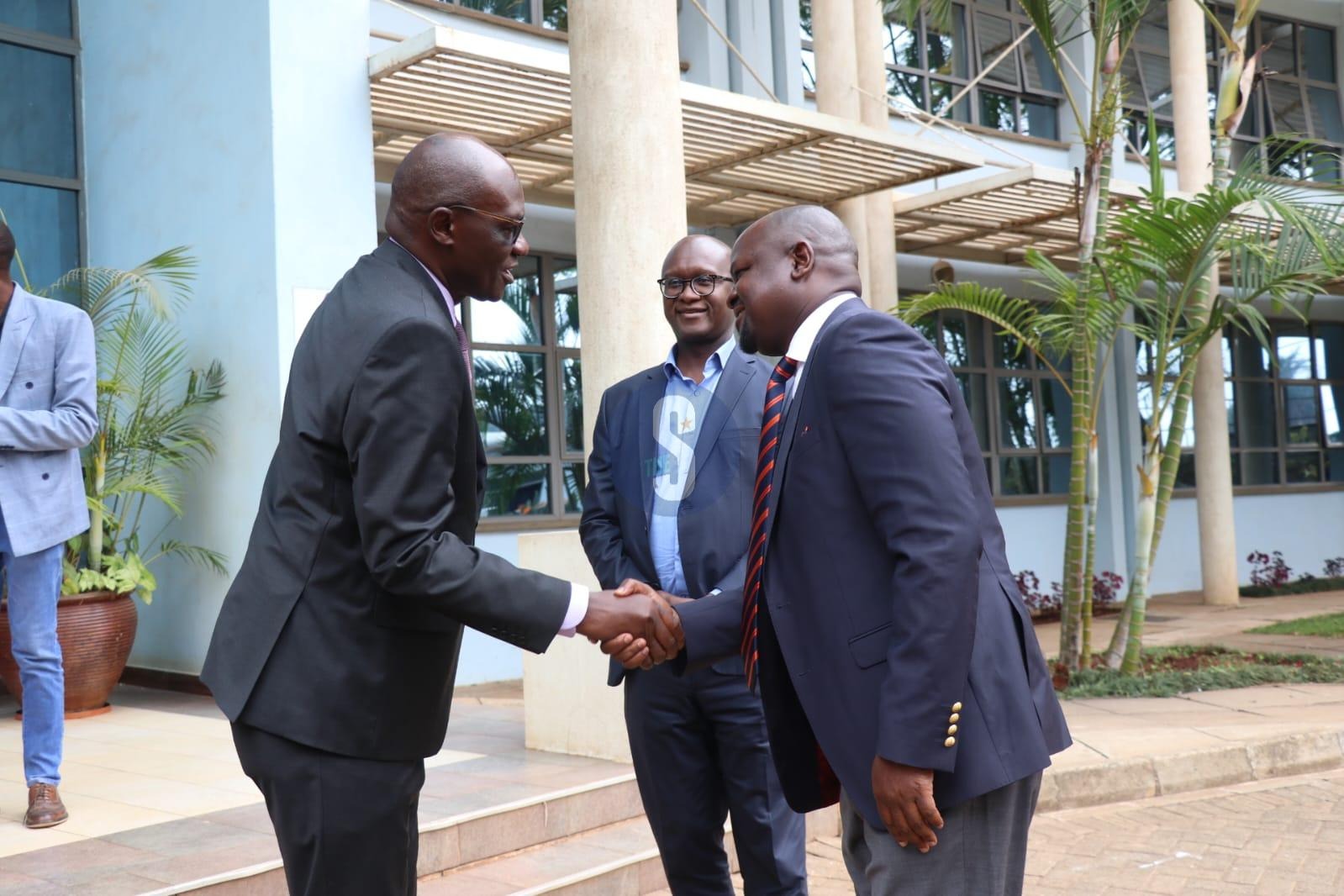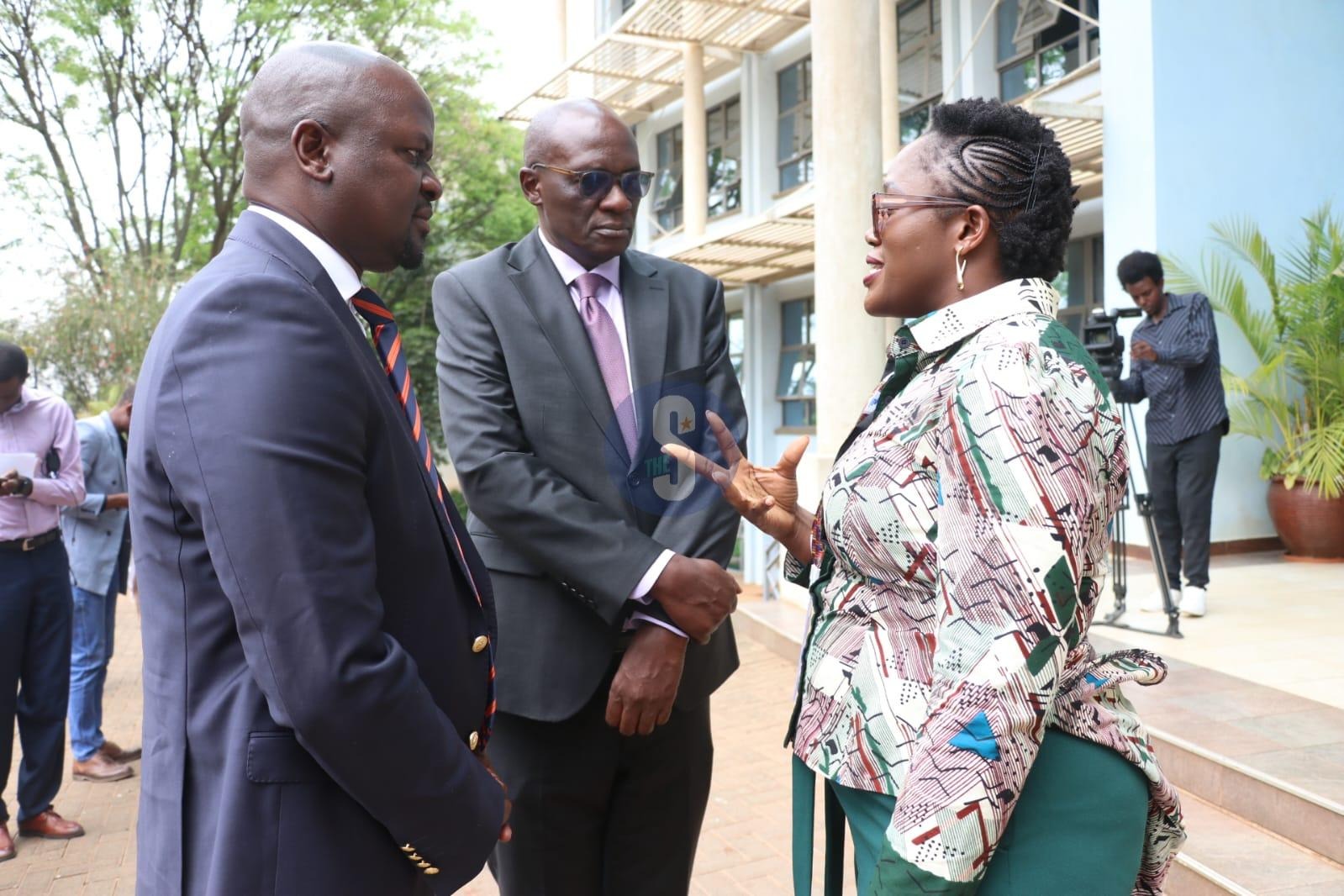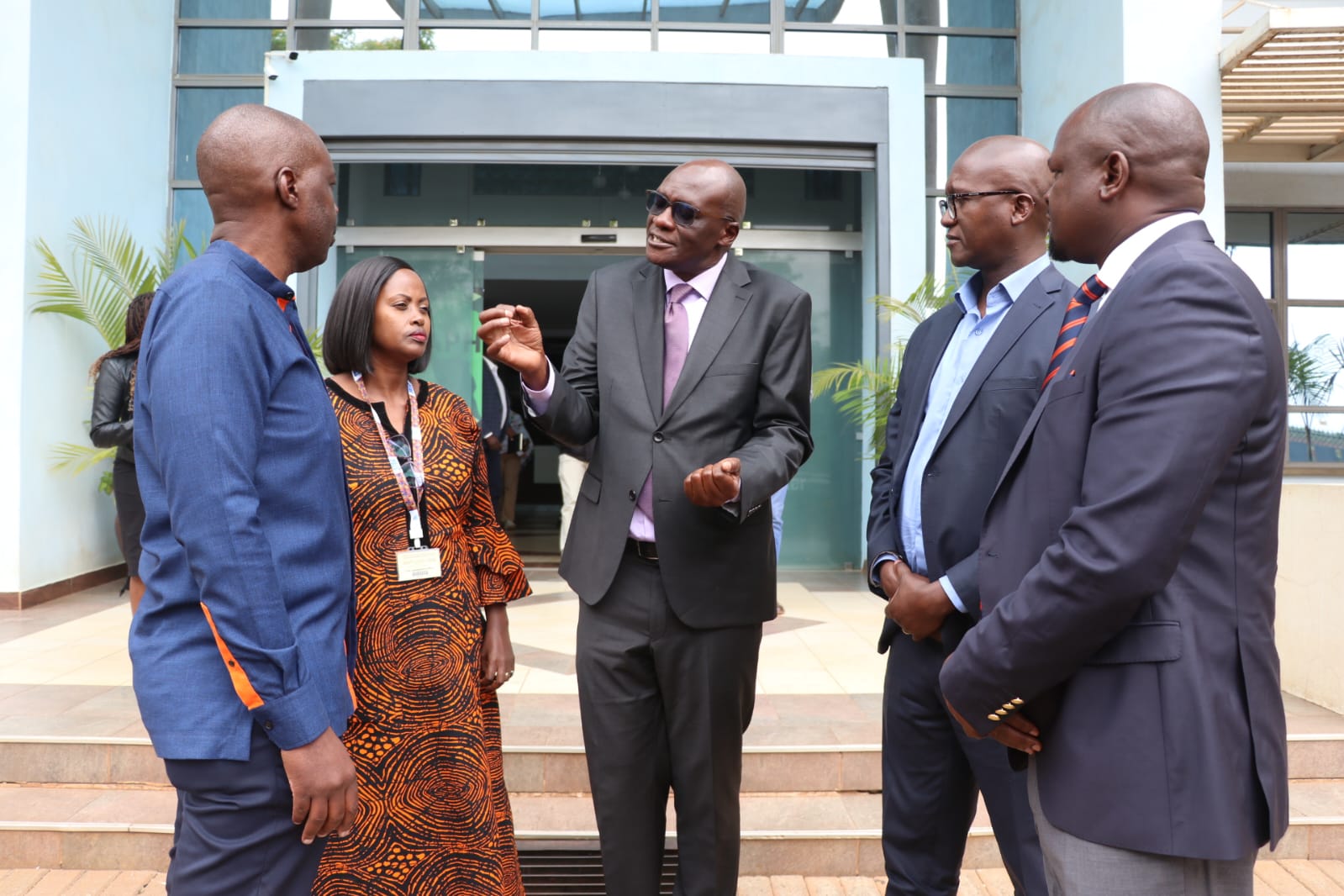

The Ministry of Health will roll out a single-dose Human Papillomavirus (HPV) vaccine in the coming weeks, replacing the current two-dose regimen.
The move is aimed at increasing national coverage and accelerating efforts to eliminate cervical cancer.
Director-General for Health Dr Patrick Amoth said the decision follows local data analysis showing that one dose offers sufficient protection against the virus responsible for most cervical cancer cases.
"Within a month, we are moving from two doses of the HPV vaccine to a single dose,” Amoth said.
Amoth was speaking during the National Science Research Translation Congress at the African Population and Health Research Center (APHRC) campus in Nairobi.
“This shift is based on our own locally derived data.”
He said the change will enable the ministry to reach more girls, especially in underserved areas, and make it easier for families to complete the vaccination schedule.
“A single-dose regimen will promote better coverage because we can reach more girls quickly,” he said.
"Our dream, both globally and nationally, is to make cervical cancer a thing of the past by 2030.”

Amoth explained that science has demonstrated that a single dose of HPV offers the same protection as two or three doses given previously.
"This, therefore, means we will be able to cover more girls 10 to 14 years of age and in turn, our budget requirements will also reduce and we can be able to deploy that money to buy other antigens," he noted.
Amoth said the data is driven through the Kenya National Immunisation Technical Advisory Group (KENITAG).
"The lead scientist in that was a professor from Kenya," he added.
Kenya introduced the HPV vaccine in 2019, targeting girls aged 10 to 14 years.
However, uptake has been uneven due to logistical challenges and the disruption caused by the COVID-19 pandemic.
According to Dr Amoth, coverage for the first dose currently stands at about 60 per cent, while the second dose is at 38 per cent.
"Moving to one dose will help close that gap,” he said.
HPV vaccine protects against strains of HPV that cause cervical cancer, genital warts and other cancers.
HPV types 16 and 18 are responsible for about 70 per cent of cervical cancer cases globally.
The ministry will also introduce a second dose of the inactivated polio vaccine at nine months to strengthen child immunisation coverage.
Amoth said the two vaccine policy changes are informed by the ministry’s commitment to data-driven decision-making and continuous consultation with scientific and public health experts.
“We make policy based on data. Research has to guide every change we make in our immunisation programme,” he said.

He emphasised the importance of collaboration between scientists and journalists in combating vaccine misinformation, which he described as one of the biggest challenges in public health communication.
“Vaccine hesitancy remains a major issue. We want to work closely with the media from the beginning, not just during launches, so that accurate information reaches the public," Amoth said.
Amoth said scientists often “communicate like they are talking to their colleagues,” urging experts to simplify messages and partner with communicators to help the public understand the value of vaccines.
The ministry’s broader strategy includes using artificial intelligence and data technology to speed up review processes and improve access to life-saving innovations.
“If we can use technology to analyse data faster, we can cut approval timelines and save lives,” he said.
The HPV vaccination update aligns with Kenya’s goal under the World Health Organization’s Global Strategy to Eliminate Cervical Cancer, which targets 90 per cent coverage for girls by 2030.
“This new policy gives us a real chance to protect our future generations,” Amoth said.
He added that the government will continue working with schools and community networks to ensure every eligible girl is reached and vaccinated.
“We are protecting not just individuals but families and the nation’s future,” Amoth said. “The evidence is clear: one dose works, and it will save more lives.”

















